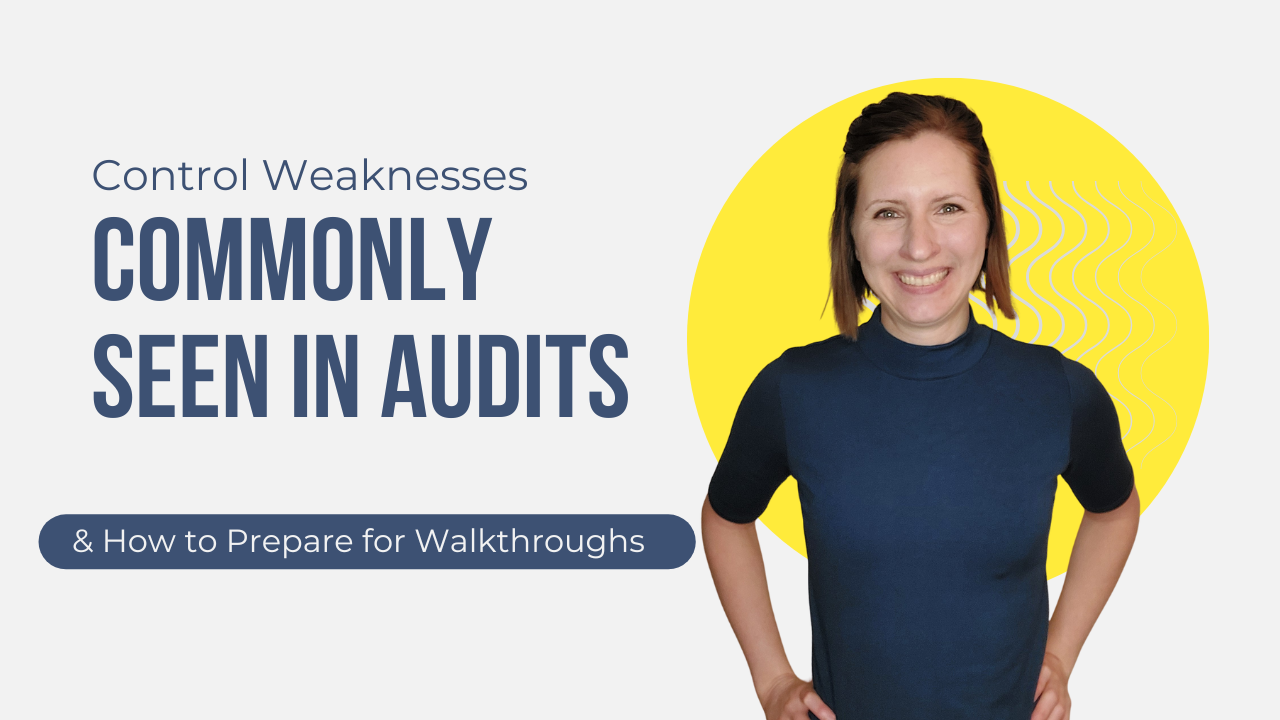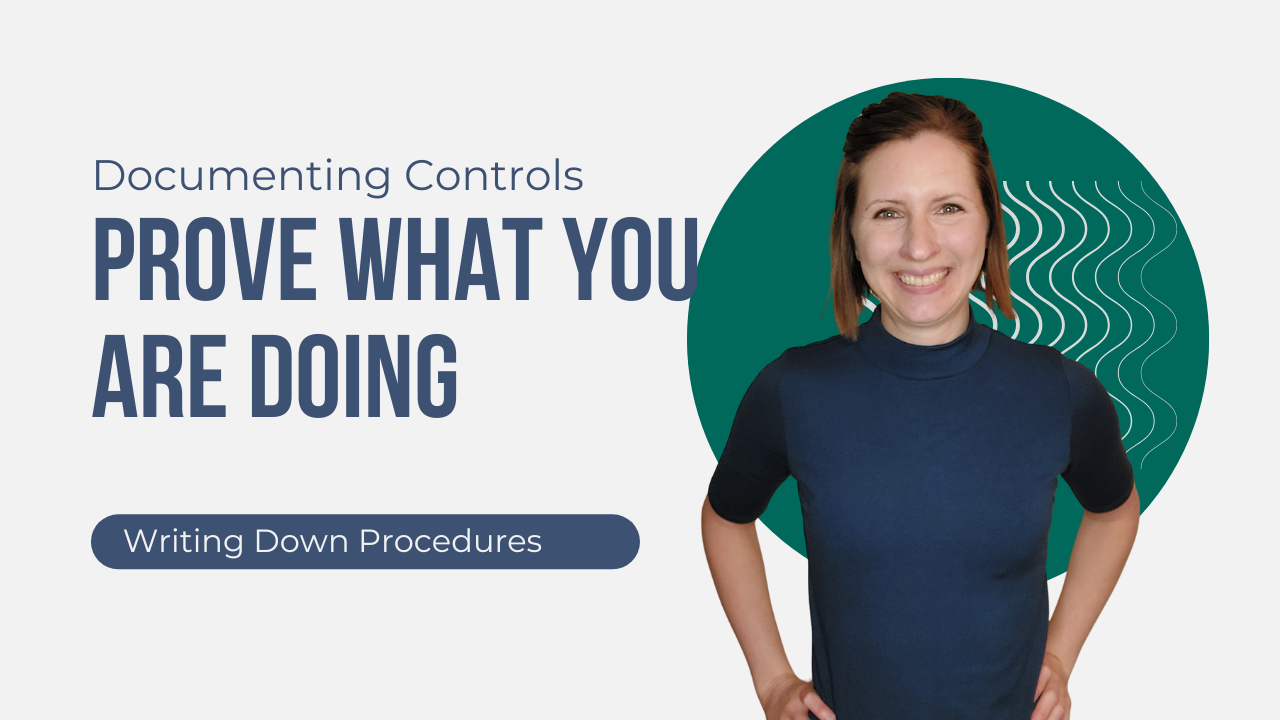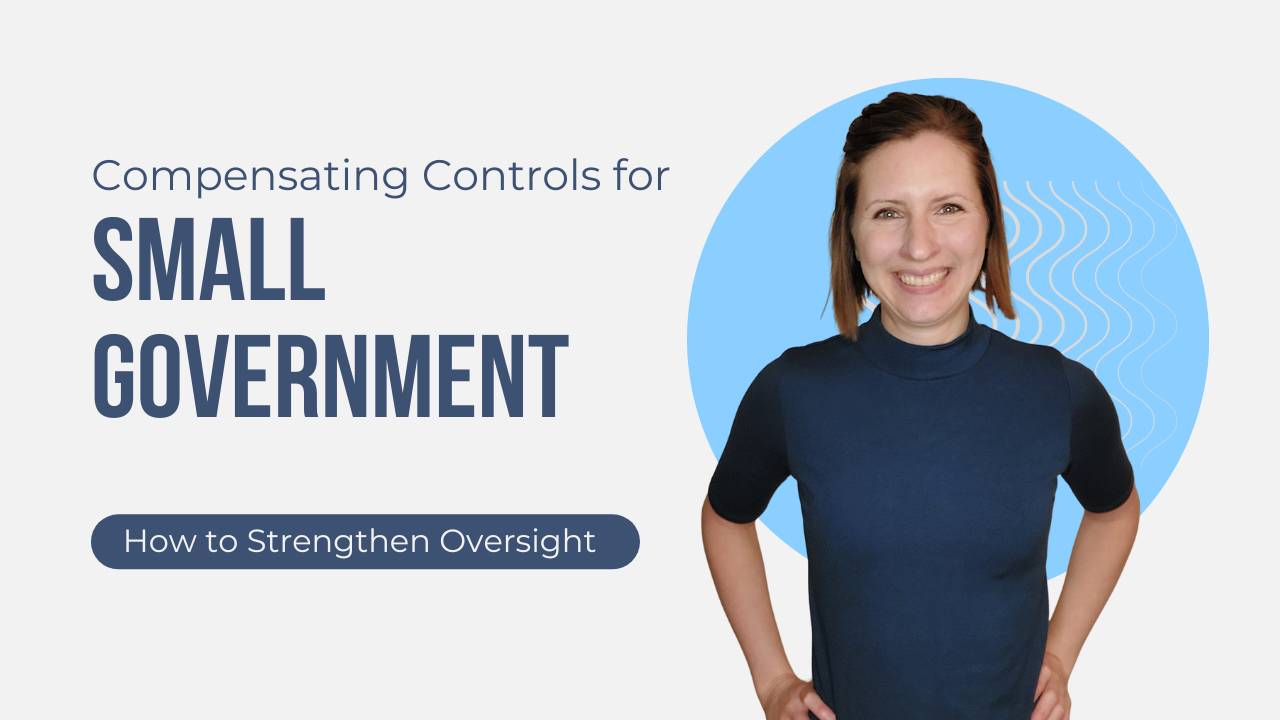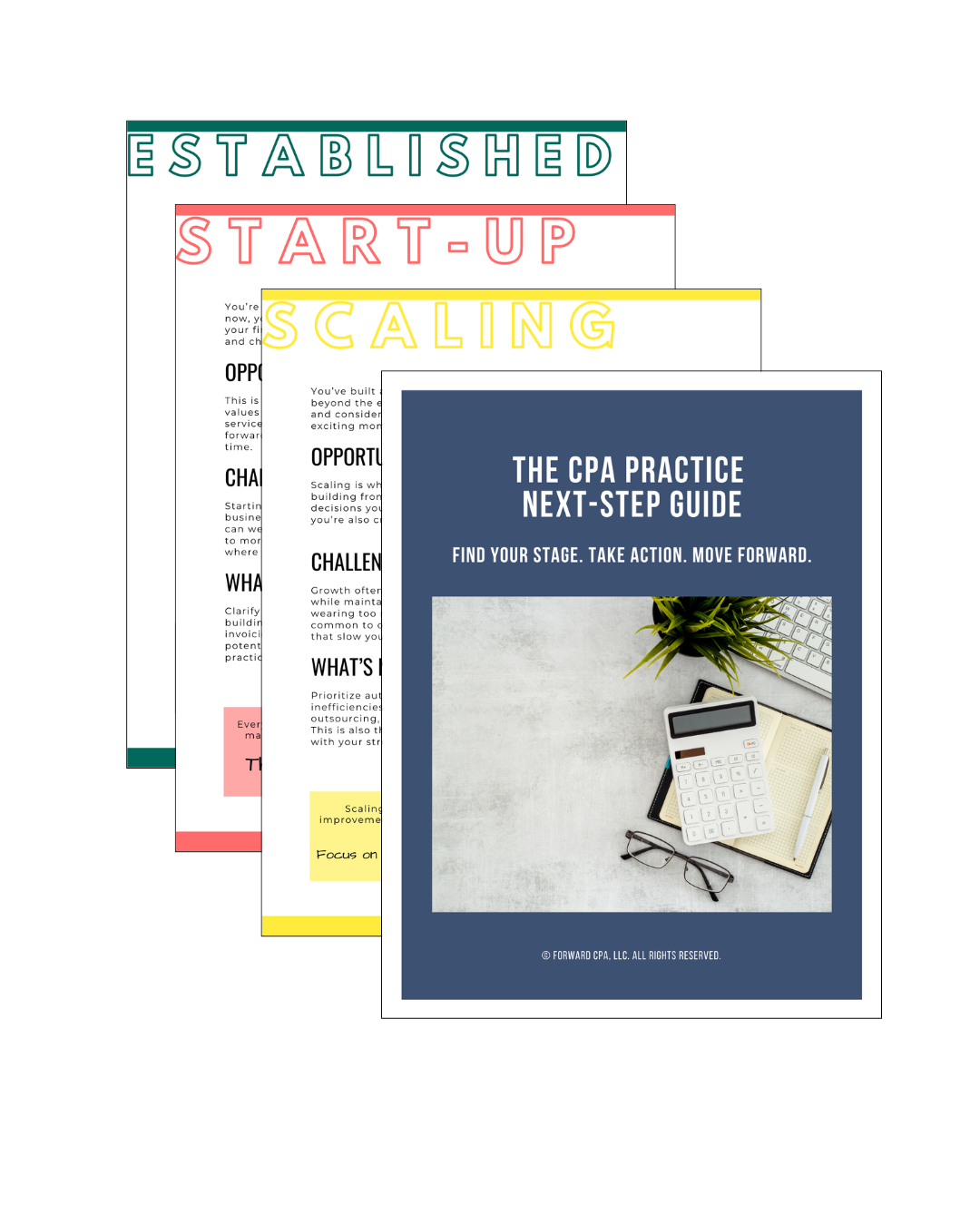Why Working Fewer Hours Can Actually Make You More Productive
May 15, 2025
Can Working Fewer Hours Make You More Productive?
In the accounting world, long hours are often worn like a badge of honor. But here's the truth: Working more hours doesn't mean you're working better - it often means you're working worse.
In fact, research - and personal experience - shows that working fewer hours can actually make you more productive. It's not about doing less; it's about working with more focus, energy, and clarity.
If you're constantly grinding through late nights, but your to-do list keeps growing, it's time to rethink your approach. Here's why cutting back your hours can actually boost your productivity - and your well-being.
Fewer Hours Mean More Focused Work
When you know your time is limited, you naturally prioritize better and eliminate distractions. A shorter workday forces you to focus on high-impact tasks—the ones that actually move your business forward.
💡 Why This Works:
-
Parkinson’s Law: Work expands to fill the time available for its completion. If you have 12 hours to finish a report, it’ll take 12 hours. If you have 6 hours, you’ll find a way to finish it faster.
-
Elimination of Busywork: With limited hours, you cut unnecessary meetings, emails, and low-priority tasks.
✅ Action Step:
Try the “Power Hour” technique: Work on your most important task for one hour with zero distractions. You’ll often accomplish more in that hour than in an entire distracted afternoon.
Rest Boosts Creativity and Problem-Solving
As CPAs, our work requires deep thinking—whether analyzing financial statements, solving audit issues, or advising clients. But long hours kill creativity.
💡 The Science:
-
Brain Recovery: Studies show that the brain needs downtime to process information and form new connections.
-
The "Shower Effect": Breakthrough ideas often come when you’re not working—in the shower, on a walk, or during downtime.
✅ Action Step:
Schedule 15-minute breaks every 90 minutes. Step away from your desk—walk, stretch, or rest your eyes. You’ll return with clearer thinking.
Longer Hours Increase Mistakes
When you’re tired, you make mistakes—especially in a detail-oriented field like accounting.
Fatigue leads to:
-
Errors in calculations
-
Missed deadlines
-
Overlooked compliance issues
💡 The Proof:
-
A study from Harvard Business Review found that productivity drops sharply after 50 hours per week, and working beyond 55 hours adds almost no additional output.
-
Tired workers are 20% more likely to make critical errors.
✅ Action Step:
Cap your workday at 6-8 hours during non-peak seasons. You’ll not only reduce errors—you’ll save hours correcting them later.
Fewer Hours Reduce Burnout (and Keep You in the Game Longer)
The accounting profession has a burnout problem, and long hours are the main cause.
Burnout leads to:
-
Loss of motivation and creativity
-
Increased sick days
-
Higher turnover rates
💡 The Long-Term Cost:
Burnout doesn’t just affect you today—it affects your career longevity. Many CPAs leave public accounting because the long hours feel unsustainable.
✅ Action Step:
Implement “No-Work Weekends” during non-peak times. Protecting your downtime helps you recharge—so you can be at your best when it counts.
Shorter Hours Encourage Smarter Systems and Automation
When you have less time, you look for ways to work smarter. This often leads to:
-
Better workflows (e.g., standardized templates)
-
More automation (e.g., automated document requests)
-
Tighter time management (e.g., time-blocking techniques)
💡 The Result:
You create a business that works efficiently—with or without you.
✅ Action Step:
Look at your daily tasks and ask: Can this be automated? Can this be delegated? Then, take action to eliminate time-wasters.
Productivity is About Output, Not Hours Logged
The most productive CPAs aren’t the ones working the longest—they’re the ones delivering the most value.
Think about it:
✔ A 4-hour strategic advisory call that helps a client save thousands is more valuable than 10 hours spent formatting a report.
✔ A 90-minute deep work session is more valuable than 5 hours of distracted multitasking.
✅ Action Step:
Start measuring your productivity by outcomes, not hours. Ask:
-
Did I complete the most important task today?
-
Did I add value to my clients or my business?
The Myth of "Always Available" in Accounting
Many CPAs feel that long hours = good service. But that’s a myth.
Clients value:
-
Quality work, delivered on time
-
Clear communication
-
Proactive advice
They don’t care if you did the work in 10 hours or 2 hours. They care about results.
💡 A Real-World Example:
In my own practice, I used to work 12-hour days, thinking I was being productive. But when I switched to a 6-hour workday (with focused time blocks and automation), my output actually increased. I spent less time on busywork and more time on high-impact tasks.
Work Less, Achieve More
Working fewer hours isn’t about doing less—it’s about achieving more with less effort. It’s about:
✔ Prioritizing high-impact work
✔ Eliminating time-wasters
✔ Allowing your brain to recharge
✔ Protecting your energy for the long haul
Key Takeaways:
✔ Work fewer hours to increase focus and reduce errors
✔ Take breaks to boost creativity and problem-solving
✔ Cap hours to prevent burnout and sustain your career
✔ Use automation and smarter workflows to save time
✔ Measure productivity by outcomes, not hours
✅ Try This Challenge:
For the next week:
-
Cut your workday by 1 hour.
-
Use that hour for rest, reading, or creative thinking.
-
Track your output—you’ll be surprised by how much you still accomplish.
Your Next Step Forward
Join the newsletter designed to help CPAs take the next best step in building a practice they love, with practical insights, game-changing tools, and quick wins in every email.
We hate SPAM. We will never sell your information, for any reason.




